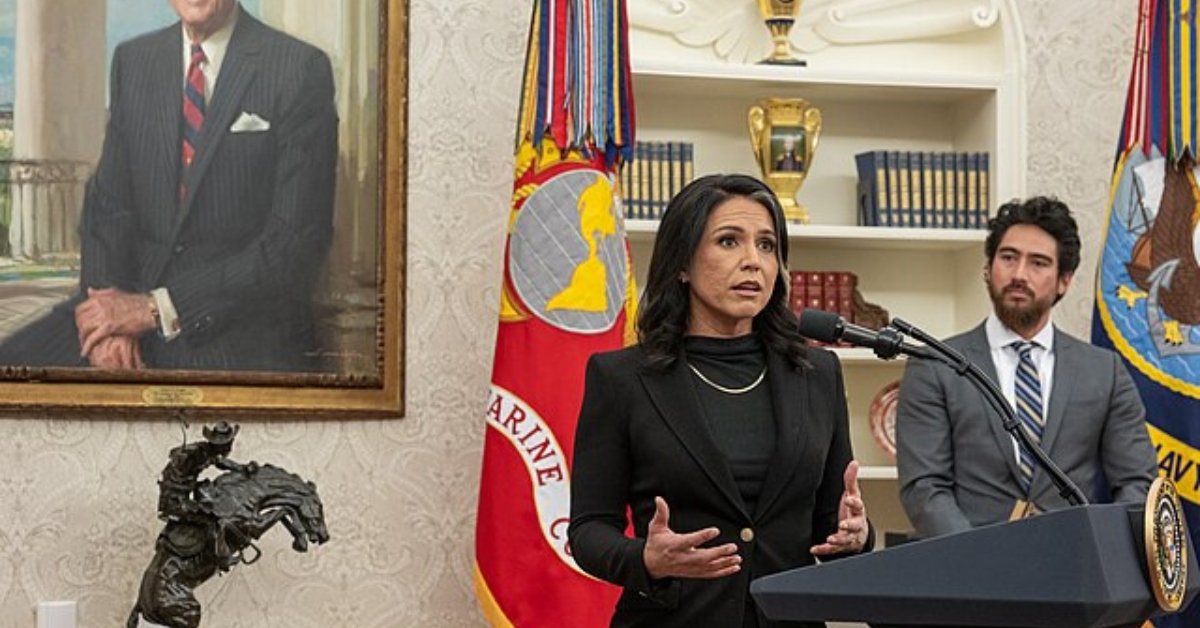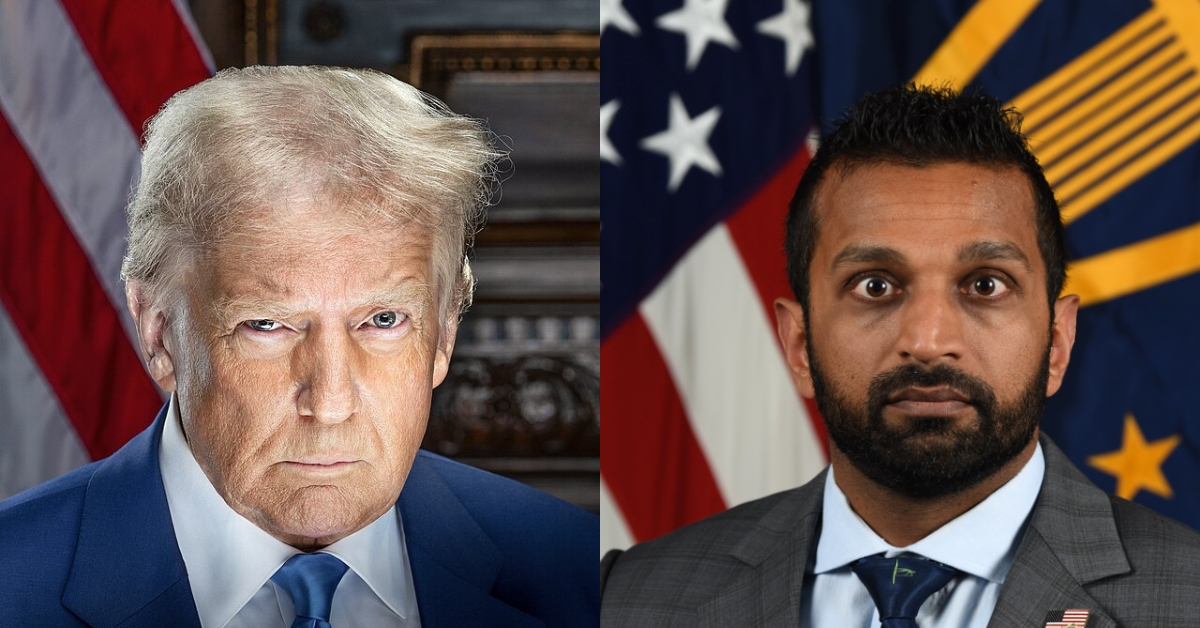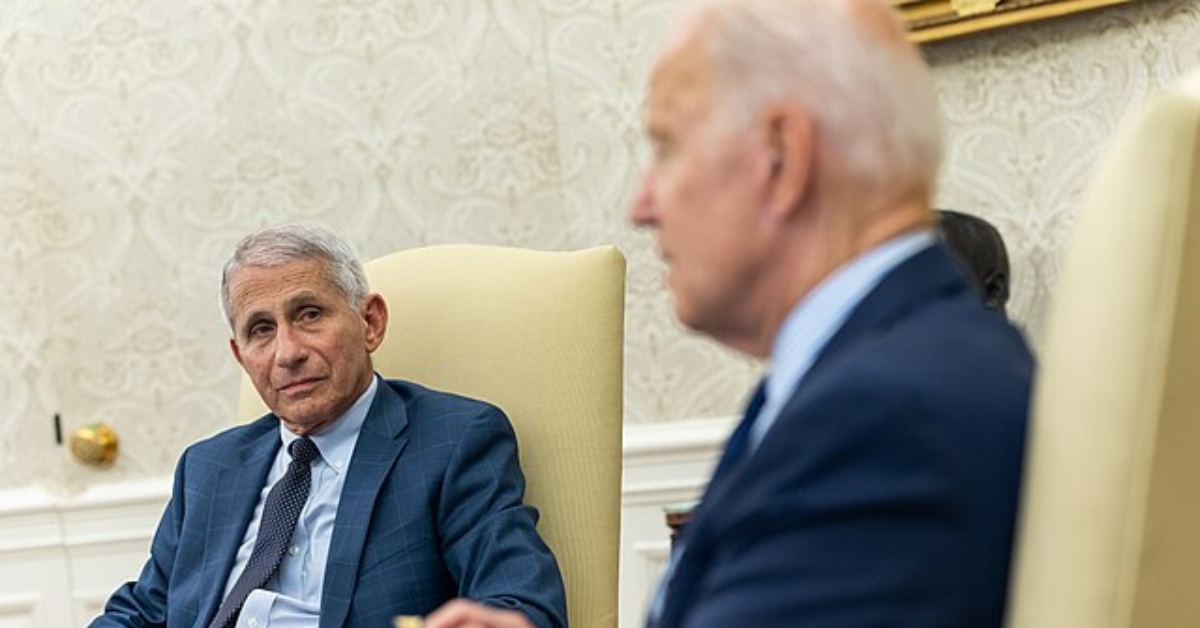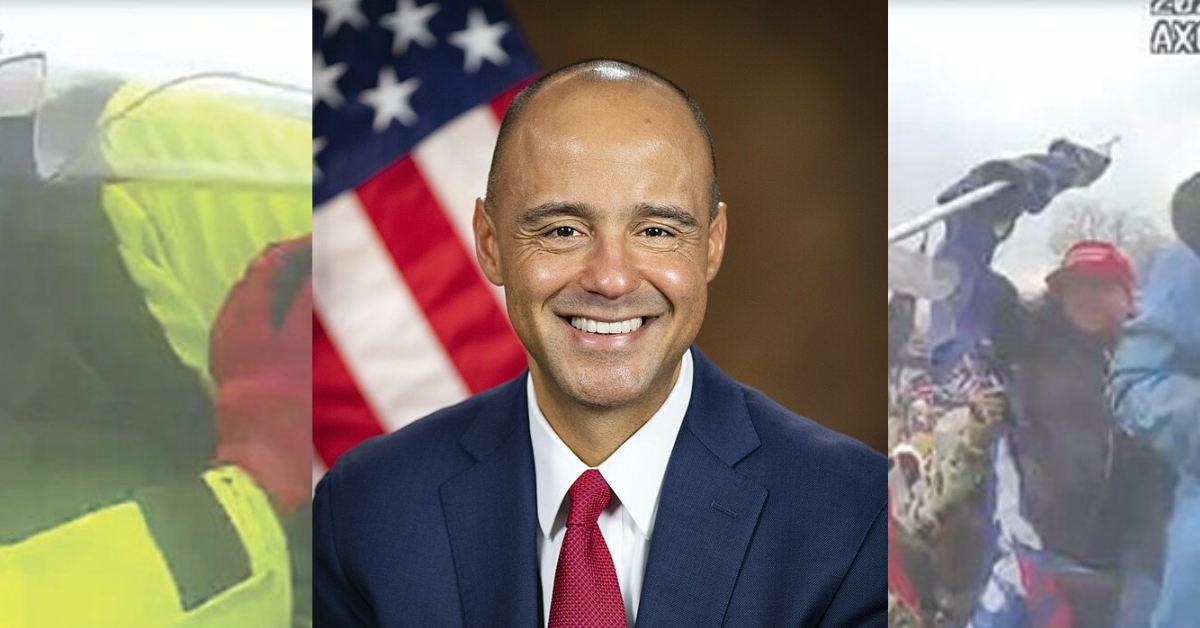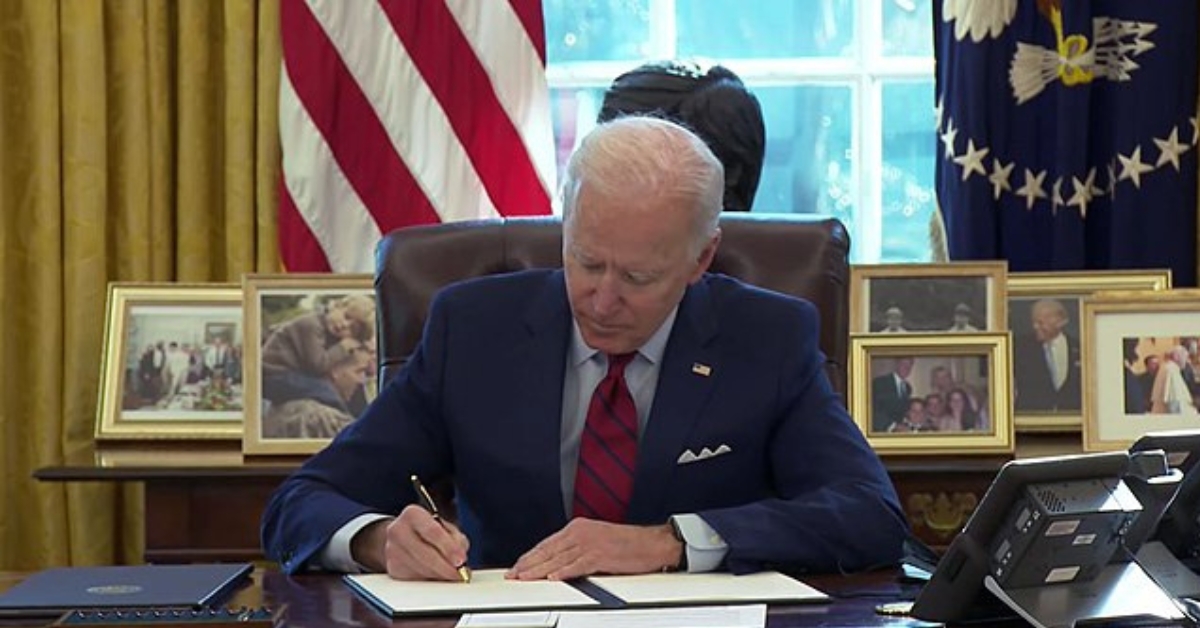
Biden Admin, UN Express Sorrow that Oppressive Iranian Pres. Died
In a move that has raised eyebrows across the political spectrum, the Biden administration extended its condolences following the death of Iranian President Ebrahim Raisi, known infamously as the “Butcher of Tehran.” Raisi perished in a helicopter crash along with several regime officials—a group notorious for their oppressive reign over the Iranian people.
The State Department spokesman, Matthew Miller, stated, “The United States expresses its official condolences for the death of Iranian President Ebrahim Raisi, Foreign Minister Amir-Abdollahian, and other members of their delegation in a helicopter crash in northwest Iran.” He added, “As Iran selects a new president, we reaffirm our support for the Iranian people and their struggle for human rights and fundamental freedoms.”
To add insult to injury, it was downright shameful for the United Nations to observe a moment of silence for Raisi, further blurring the lines between honoring diplomacy and endorsing tyranny. Such actions do not merely strain credulity; they outright trample it. By aligning in mourning for a tyrant, international bodies and the U.S. inadvertently lend legitimacy to his brutal legacy. This is not just a diplomatic misstep; it is a grievous moral failure that undermines the West’s credibility in championing human rights and freedom worldwide.
Raisi’s Presidency Should Not Be Mourned
Raisi, whose presidency was marked by both aggressive foreign policies that exacerbated tensions with the West and draconian domestic policies that brutally suppressed any form of dissent within Iran, was deeply unpopular among his own people. The State Department’s expression of sympathy over his death strikes a dissonant chord, especially considering Raisi’s dark legacy, which includes a stint on a “death commission” in 1988 that ordered the mass execution of thousands of political prisoners. In addition, Raisi, continued to be a significant backer of terrorist organizations like Hamas, Hezbollah, and the Houthis, actively destabilizing the region and targeting U.S., Israeli, and Western interests.
Miller’s statement, diplomatically routine as it may be, sends a profoundly mixed message that should concern any clear-minded observer. On one hand, the U.S. proclaims its dedication to the human rights of the Iranian people. Yet, in the same breath, it mourns the passing of a man whose regime was anathema to those very principles. Ebrahim Raisi’s leadership was marked by extrajudicial killings, rampant torture, and the crushing of political and religious freedoms—not to mention his regime’s active role in global terrorism.
Such actions not only compromise the moral authority of the West but also send confusing signals to allies and adversaries alike, emphasizing the need for a foreign policy that unequivocally supports democratic values and human dignity.
